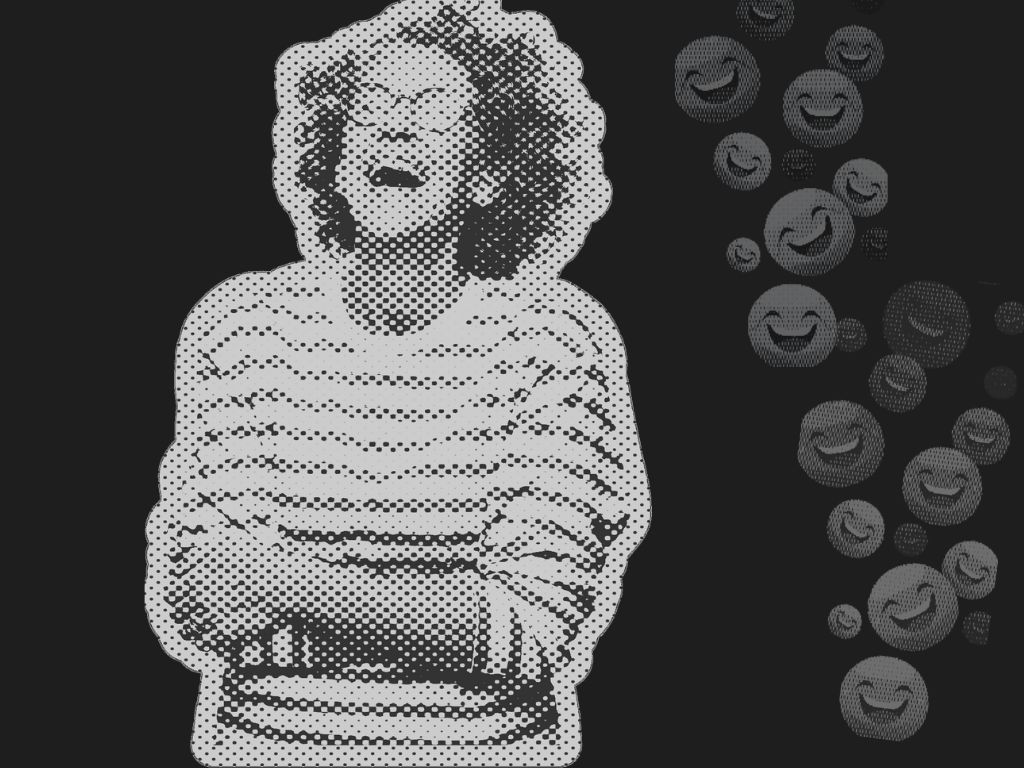
There’s Nothing Funny About Illness, Grief, or Loss. Except the Parts That Are.
I’m in Philly FaceTiming with my sister Sue in Florida. She’s at Memory Care packing up our mother’s belongings and looking for an outfit to bury her in. This is no small task, given the devolution of her wardrobe from cute Chico’s ensembles to shapeless pullovers and elastic-waist pants (easier for diaper changes).
“I swear, none of this is hers,” Sue says, holding up a chartreuse sweatshirt with one sleeve missing.
The absurdity of the moment sparks a memory and Sue and I simultaneously shout, “LET’S BURY HER IN THE LEOPARD SHIRT!” before exploding into laughter.
Before you judge—yes, our mom had just died the night before. But years of watching Parkinson’s physically and cognitively destroy her had left us punch-drunk.
On one visit, Sue and I found our mom dressed in a chintzy leopard-print top. We caught eyes and had a silent conversation honed from years of sisterly practice.
“Where’d that come from?” I communicated with furrowed brows.
“Damned if I know,” she answered by raising hers.
The roulette wheel of institutional laundry was one more in a cascade of indignities our mom had suffered.
“Whatever,” Sue said out loud, and we rolled our eyes and smiled.
As Kenny Rogers said, you gotta know when to hold ‘em and when to fold ‘em. Overseeing my mom’s care has taught me to choose my battles. There’s a time to cry and a time to lean into the WTF-ness of it all and embrace the humor.
Survival of the Funniest
I don’t know a single woman who’s reached midlife without caring for a sick or aging family member, managing a personal health crisis, or navigating a traumatic transition such as a death or divorce.
I can personally check off several of those boxes, and if I’ve learned anything, it’s this: Acknowledging funny moments during hard times is a vital act of self-care. It doesn’t mean you’re immature, disrespectful, or in denial. It means you’re resilient.
Natalie Dattilo-Ryan, PhD, (“Dr. Natalie”), a clinical psychologist and instructor of psychology at Harvard Medical School, said the fact that humans come preprogrammed with the ability to laugh tells us it likely serves an important adaptive function for survival.
My mind jumps to the movie Steel Magnolias and its premise that women are naturally better than men at handling life-and-death situations. What I remember most is the women turning to dark humor for strength, and that gut-wrenching funeral scene. You know the one—when M’Lynn (Sally Field) finally loses her sh*t after burying her daughter Shelby (Julia Roberts)?
“I just want to hit somebody ‘till they feel as bad as I do,” she cries.
That’s when Clairee (Olympia Dukakis) grabs her best friend Ouiser (Shirley MacLaine at her crankiest), yells, “Here, hit this!” and offers her up as a punching bag.
It breaks the tension and everyone exhales (audience included), laughing unexpectedly as Ouiser stomps away.
Dr. Natalie shared that laughing can lower blood pressure, release muscle tension, and reduce the brain’s perception of physical and emotional pain. Humor also helps with emotional regulation and cognitive reappraisal—reframing a circumstance to seem more manageable.
This isn’t news. We grew up hearing “laughter is the best medicine,” and countless studies confirm its immune-boosting, cortisol-reducing effects.
But I’m not talking about getting through illness or grief by binge-watching Parks and Recreation or about the ill-timed, involuntary laughter that comes from frayed nerves and sleep deprivation. I’m talking about creating relief from a stressful situation by laughing at the situation.
Knowing how harmful unrelenting stress can be to the body and mind, is it really a stretch to call laughter a tool for survival?
A Bridge to Bonding
My mom’s first signs of dementia were her daily dinnertime phone calls that always began with, “We have a problem.”
Cartoonist Roz Chast first put the term “sundowning” on my radar. Her hilarious graphic memoir about her aging parents, Can’t We Talk About Something More Pleasant? made me feel connected to a larger community, though one I wouldn’t have chosen to join. I texted screenshots to Sue and we cackled in solidarity.
Did I find it funny that my once fiercely independent mom was now anxious and bewildered? Not even a little. It broke my heart. But humor did help defang our frightening new reality. It can’t be that scary if I’m still laughing, right? Privately, of course. I’m not a monster.
Dr. Natalie said as long as you read the room, this type of humor can have significant social benefits.
“When we’re going through some of the most difficult experiences in life, we can feel very alone,” she said.
Breaking taboos by cracking jokes about our messy lives strengthens social bonds and signals safety, cohesion, and trust. This is especially valuable after age 50, when women’s roles with partners, parents, children, siblings, and friends are changing.
Brazen Is Badass—No Permission Required
As long as humor isn’t a crutch to avoid our emotions, Dr. Natalie said finding a moment of lightness in the midst of a dark experience allows us to stay connected to our humanity. Which I’m all for. We could all stand a little more humanity these days.
But I also think dark humor is ultimately empowering—a double-middle-finger salute to the disease, the ex … the patriarchy.
Think about it. Women are expected to be the gentler sex. We’re taught from a young age that boys will be boys, but girls must conduct themselves with maturity and grace. That we’re born caregivers. Steel magnolias.
And sure, there’s some truth to that. It’s also true that laughing unabashedly with our sisters and girlfriends is an incredibly effective way to get through our worst days.
Laughter may be an involuntary response, but inappropriate humor is a choice. When deployed with intention, it’s an emotional circuit breaker—disrupting our frustration, sadness, and rage so we can finally exhale.
“Laughter through tears is my favorite emotion,” Truvy (Dolly Parton) said in Steel Magnolias.
It may be mine, too.
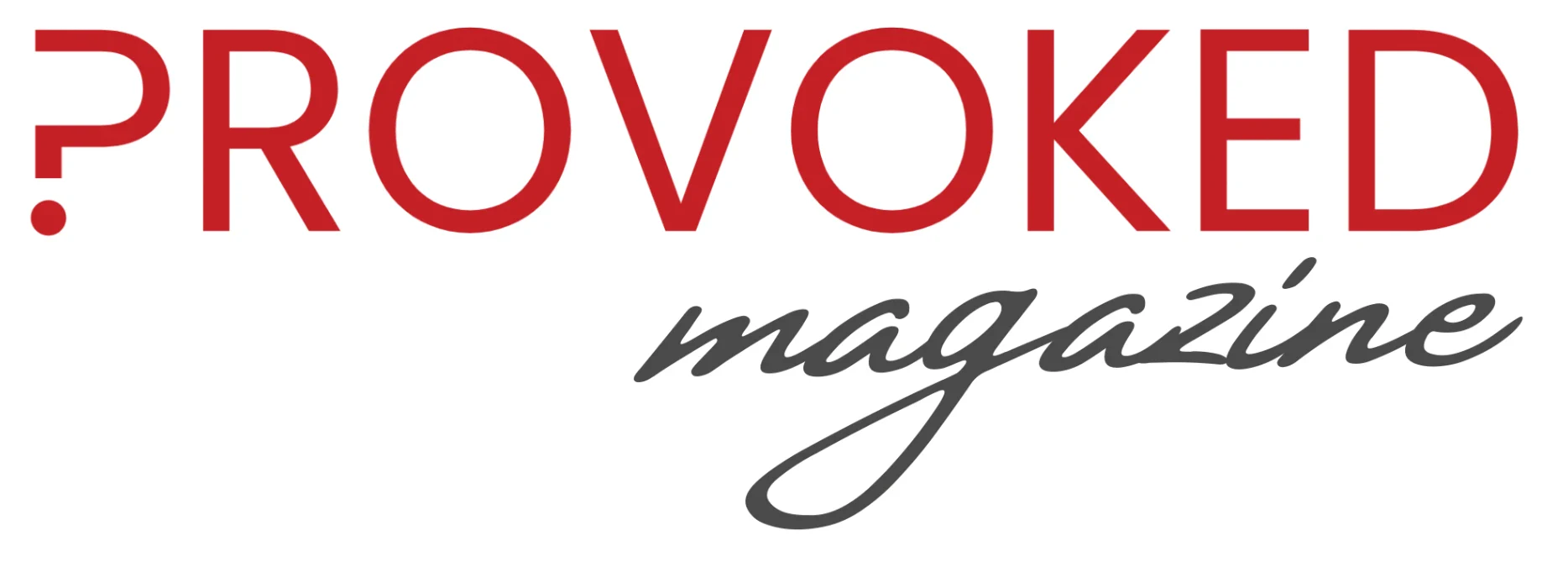
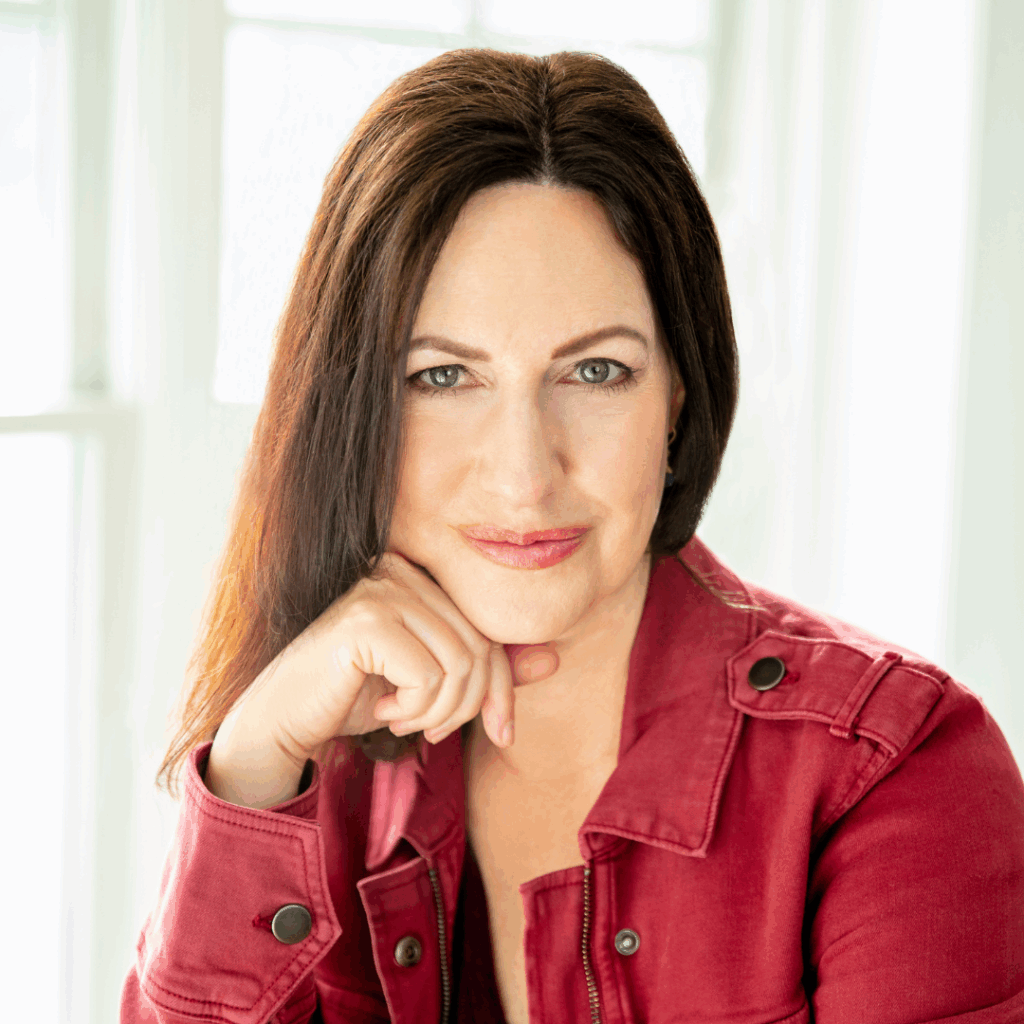

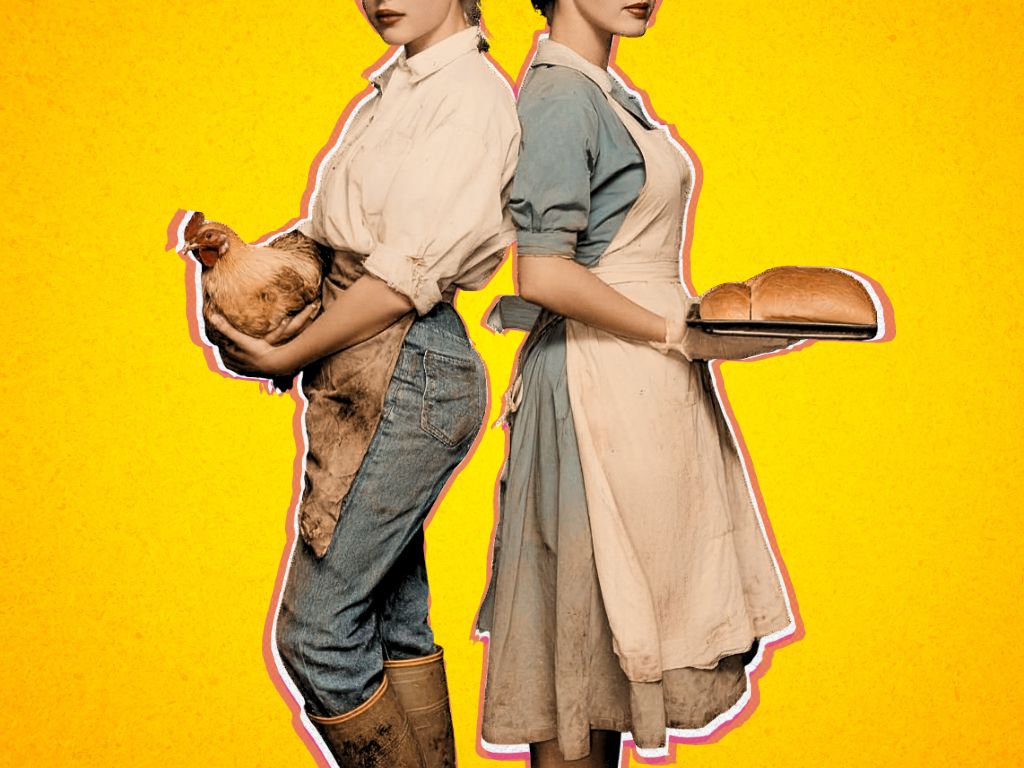
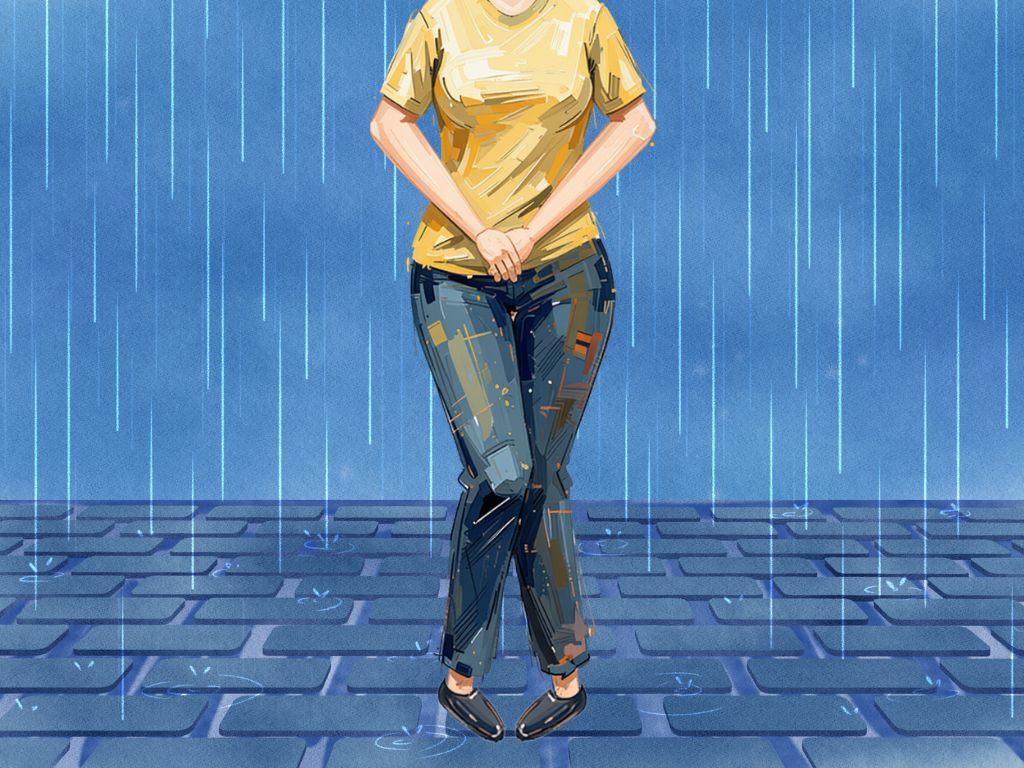
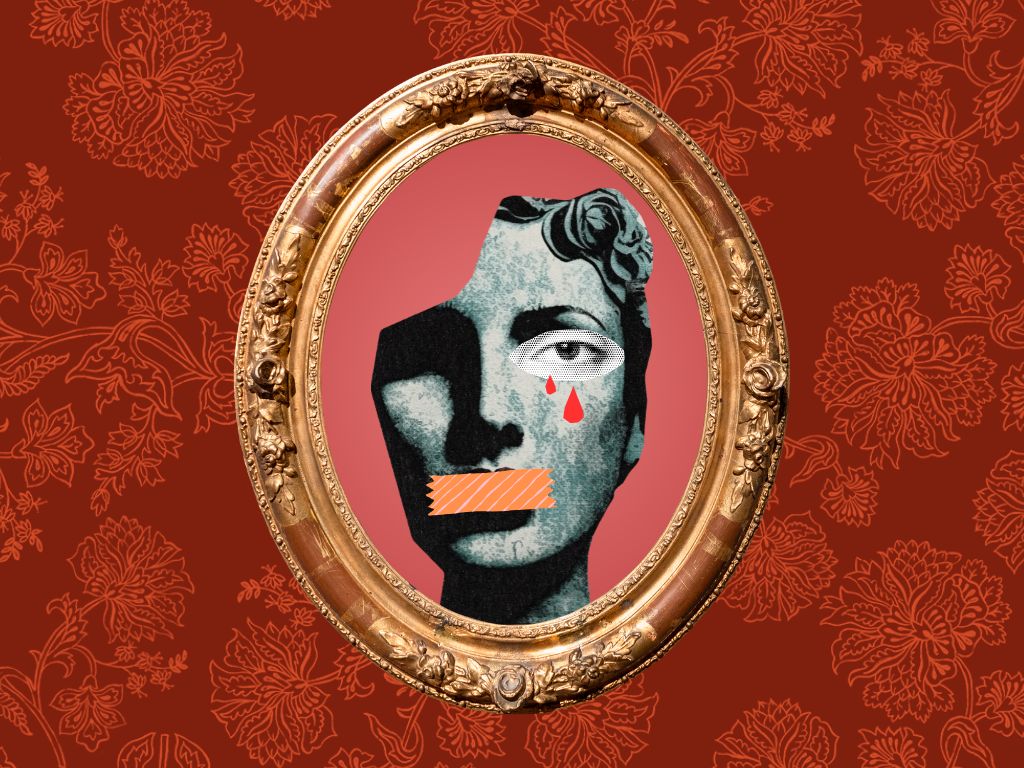
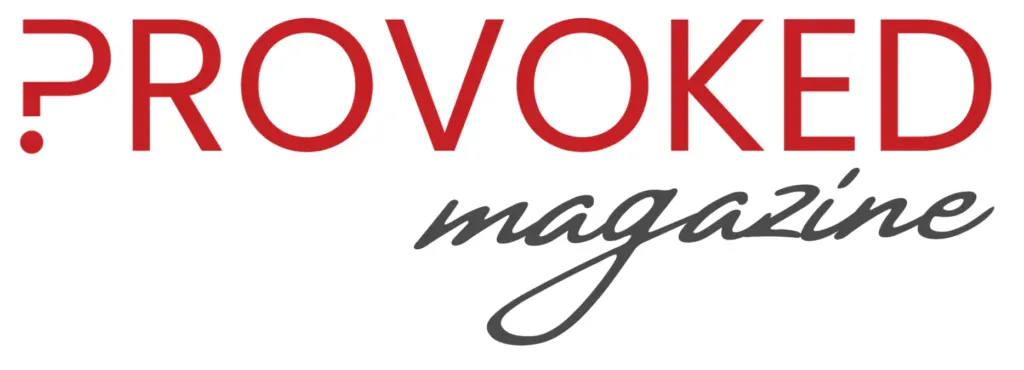
11 Responses
My mom spent four years in a nursing home, and finally, memory care. She was an incredibly modest person, who was terribly embarrassed by nudity.
When I was called to the home for a “distressing situation” it turned out, she was visiting men’s rooms in a state of undress! The carers were terrified that I would be upset, but I found it hilarious because I knew she didn’t know who she was anymore. Poor thing!
My mom died earlier this year. She had been in a nursing home for 8 months suffering with multiple strokes and eventual organ failure. That was the longest 8 months of my life! The day we laid her to rest the cemetery employee was lowering her urn into the ground and as he lowered it his t-shirt rode up and exposed a 4 inch plumbers crack. It took all that we had not to burst out laughing at that moment. It turned a very somber moment into one that we will all remember with laughter. I know mom was laughing in heaven that day!
Wonderful article Abby
Dark & sarcastic humor is what keeps me going!! I cracked jokes about breast cancer when going through it in 2009 (“the bitch tried to kill me, she had to go), I laughed over my husband falling on me and breaking my arm which lead to his Glioblastoma Stage 4 diagnosis (I miss him through my tears and smiles) and I was able to see the odd humor when my Mother had to go into Memory Care, clean out her house and sell it (Why would someone need 80 pairs of socks or 25 mini-flashlights?).
Each of these things were the hardest things I’d ever done…but I did them and came out the other side. Sure, the tears, exhaustion and isolation were hard but I wouldn’t be the strong, quirky and funny woman I am now without my journey. Hugs💜
Jenyfer, It sounds like you’ve lived the full spectrum — pain, absurdity, and the difficult punchlines life hands us when we least expect them. That mix of dark humor and grit is exactly what gets us through the unthinkable. Thank you for sharing this with us. —susan
I’ve definitely got the dark humor down. Its how I’ve survived!
The funniest was when my dad died, my 3 sister and I were leaving the hospital and all the sudden one of us said something to the effect of “oh my god, imagine when he gets there and runs into mom” long story but it was the most hysterical idea and we all laughed uncontrollably!
So cathartic.
Ha! Kim, I don’t even know you or your parents and I find that line hilarious! Definitely my kind of humor. Thanks for sharing that.
Oh, how I love this article, Abby! So so true and you articulated this concept brilliantly (as usual)!!
Thanks, Linda! Look how our shared humor got us through the pandemic together.
I LOVE this, Abby. Both my parents are in long-term care with dementia. It’s relentlessly excruciating. So, I’m grateful for all reminders to laugh and lighten up. Thank you.
This made me laugh a little recently: A man with dementia walks into a bar. He spots a pretty lady, sits next to her and asks, “So, do I come here often?”
Thanks so much, Linda! I’m sorry for what you’re going through and glad my story helped you feel less alone. Funny joke, too!
My favorite story of my Mom and her Memory Care facility was when I walked in one day for a short visit. While I sat there another resident stopped at our table and asked “Do you know when this train is stopping?”. My Mom looked at her seriously and said, “I have no idea, I live in New York” (I’d moved her to SC to be near me).
Luckily I could hold my laughter until I got to the car!